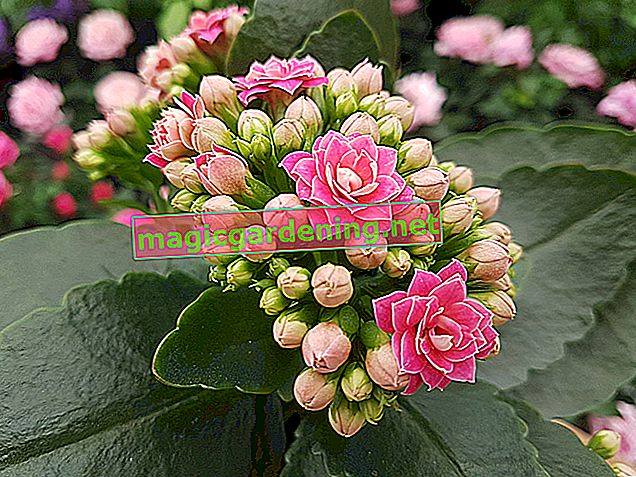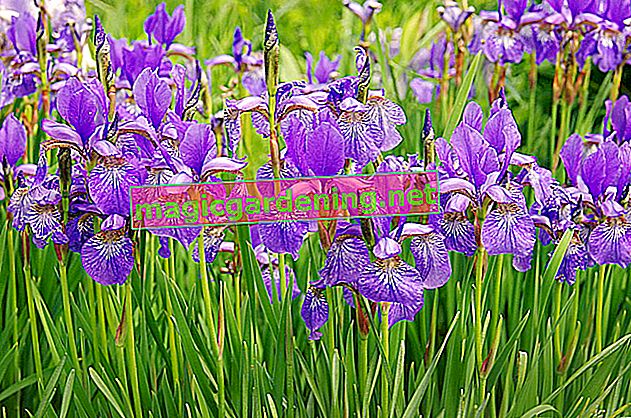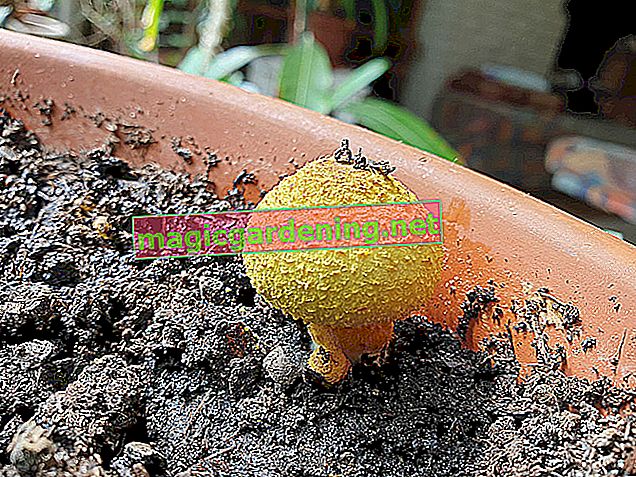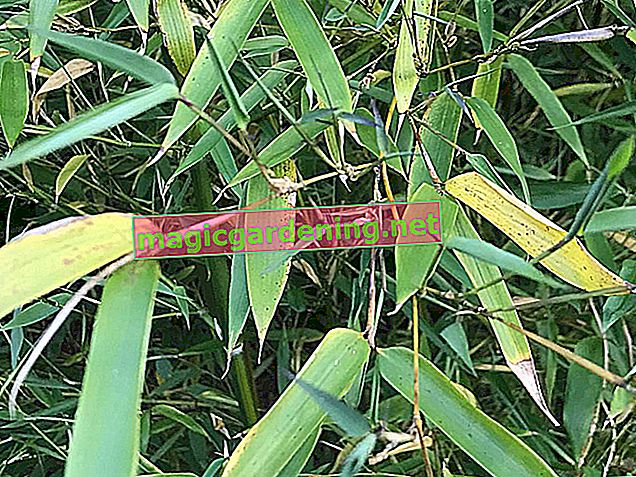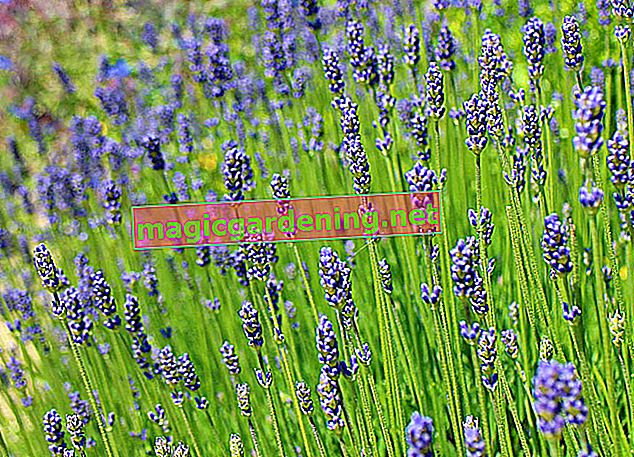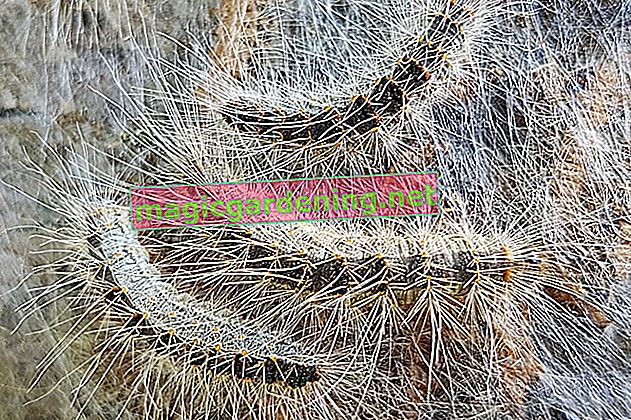
Plant raspberries without thorns
The spines of raspberry plants are much softer than those of blackberries. But they still interfere with harvesting. Scratched hands and arms cannot be avoided when picking the thorn-reinforced raspberry varieties.
also read
- Which raspberry varieties are suitable for growing in the garden?
- Seedless raspberries
- Cacti without prickles - tips on types and care
Some people are even allergic to the touch of the thorns.
Thornless raspberries have been on the market for several years. Thornless summer raspberries, autumn raspberries and two-timer raspberries are available from specialist retailers.
Thornless summer raspberries
- “Glen Coe” - purple fruits
- “Framita” - dark red fruits
- “Glen Ample” - red fruits
- “Balder” - dark red fruits
- “Borgund” - bright red fruits
Thornless autumn raspberries
- “Autumn Amber” - apricot colored fruits
- “Alpengold” - yellow fruits
- “Tulameen” - red fruits, almost thornless, early variety
Popular two-timer breed “Sugana”
The “Sugana” variety has become one of the most popular varieties in recent years. This is because it grows very upright, bears twice a year and is suitable for planting in a tub.
The spines were almost completely bred out of “Sugana”. Only very small remnants are left on the rods. However, they can hardly be felt when picked and do not damage the skin.
Tips for picking raspberries with spikes
If you grow old raspberry varieties in the garden that have a lot of thorns, protect your hands and arms from scratches when picking them.
Wear long-sleeved outerwear. Solid materials through which the thorns cannot pierce so easily are well suited.
Gloves made of soft rubber material not only prevent you from scratching your arms while picking. The hands stay clean too. Disposable gloves are practical because they can be easily disposed of after harvest.
Tips & Tricks
Newer breeds of raspberries have one more advantage. Their fruits often only have very soft and small kernels, which do not interfere with eating. However, most spikeless and seedless varieties are not quite as aromatic as the old varieties.

